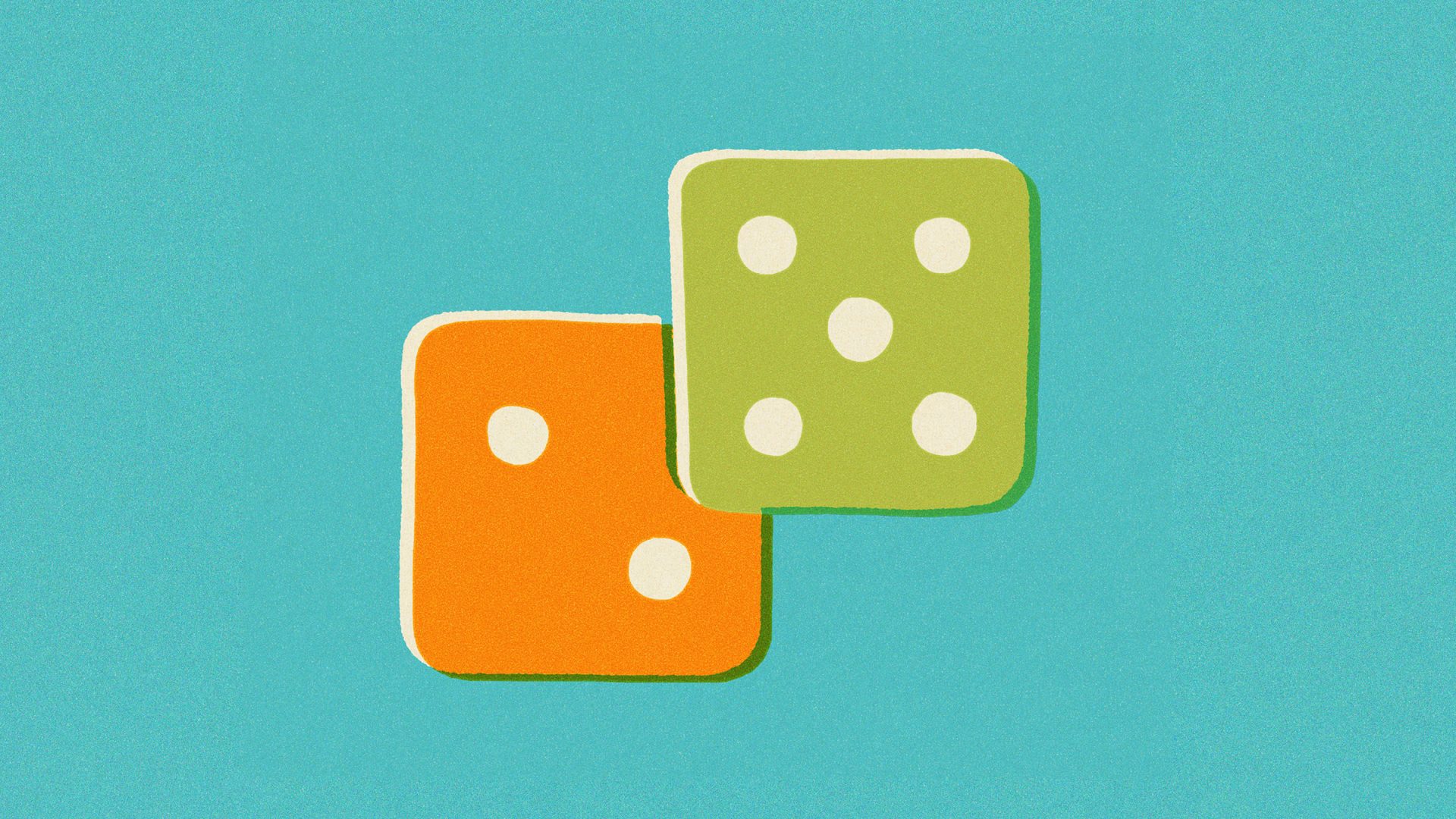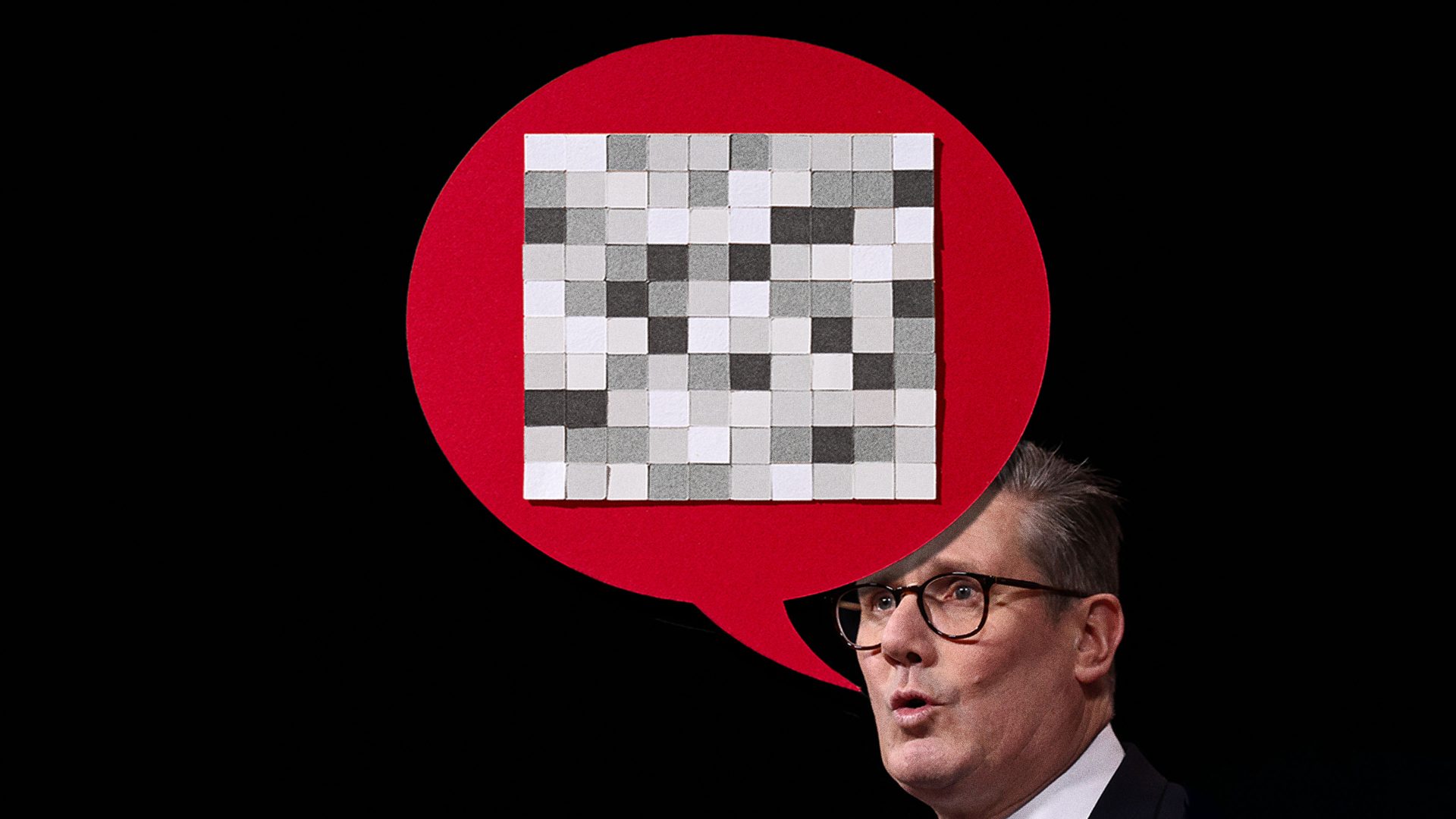How much of what happens to us is down to good or bad luck? Predestinarians have traditionally argued that there’s no luck at all, just pre-arranged events and outcomes, and that our effect on these is zero. On that view God has a plan, and this will unfold regardless of our efforts.
On the same side, but without bringing God into the picture, there are those who argue that absolutely everything comes down to luck: luck in the time and place we were born, luck in our genetic potential and how that is realised, luck in the way we were brought up, luck in what befalls us. What we think is down to us just isn’t.
On that view, even how we react is a matter of luck. Whether we are resilient or crumble in the face of adversity is due to the type of personality we have, and that in turn is a result of the genetic and environmental factors that have shaped us.
Some of us are more optimistic and think there is some role for human choices in determining our fate, even though events and circumstances can overwhelm and crush anyone. Starving children in Gaza today have no chance of influencing what will happen to them. Whether they survive or die is a lottery, a matter of whether aid, if it comes at all, reaches them in time. This is a crime against humanity, and they are its helpless victims. But most of us are in the far more fortunate position of having some influence on how our lives go.
Niccolò Machiavelli was a Florentine diplomat who observed the actions of the most ruthless leaders of his day, including Cesare Borgia. He was tempted by the idea that chance entirely determines outcomes. It can seem that no matter how hard we strive, whether our plans are realised or thwarted comes down to events outside our control.
But Machiavelli did, nevertheless, see a role for free will, one that could make the difference between success and failure. In The Prince he used the analogy of a river in full flood. Everyone must yield to its force, there is no way of resisting it. But that doesn’t mean they can’t take precautions while the river is flowing quietly. They can build dykes and embankments that make the flood damage, when it comes, far less severe.
Fortune, Machiavelli declared, shows her potency when there is no well-regulated power resisting her, no embankment and no dykes holding her back.
This sounds like wise advice. Be prepared for adversity and you could have an influence on what happens. Machiavelli estimated that half of what we achieve is down to luck, but that left half shaped by our own decisions. He recommended bold action that took on Fortune rather than a passive approach. Seize the day.
Very regrettably, though, he declared that because Fortune is a woman she needs to be beaten and forced into submission, betraying a misogynistic streak worthy of Andrew Tate.
There has been much talk of the role of luck in the England women’s football team’s victory at Euro 2025. All three of their games in the knockout stage went to extra time, and two to penalties. Yet, remarkably, the Lionesses came through to win, coming back from behind in all three matches.
Suggested Reading

The Lionesses are the England I believe in
According to David Hume, what we call “luck” is only our ignorance of the causes of things turning out the way they do. I suspect Leah Williamson, the England captain, would agree. She put it this way: “We have ridden our luck, but I don’t think we were lucky.”
In a sport in which superstition is rife, and we so often learn of players’ lucky socks or pre-match rituals, this was good to hear. Williamson’s comment was an admission that things could have turned out differently, but also a claim that victory was no fluke. Preparation, skill, self-belief, mental resilience, good tactics, superb fitness, team spirit, fast reactions, a great and supportive manager in Sarina Wiegman, these were the flood defences that allowed the Lionesses to survive wave after wave of Spanish attacks.
The Spanish players, whose skilful passing took them into the England box time and again, had 22 shots and 65% of the possession throughout the match. If England had won only one match like this, it would be tempting to put that down to chance.
But three? Williamson is surely right: that’s riding your luck, not being lucky.




